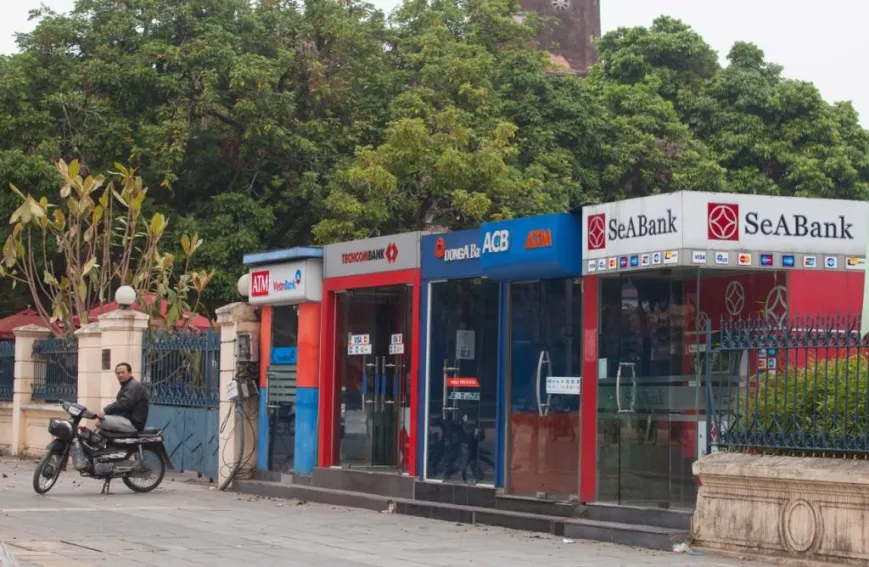
Everything you need to know about Vietnamese banks' improving asset quality
Impaired loans decreased from 12.7% to 8.4% of total loans in 2016.
Moody's reported that on 5 July, the International Monetary Fund (IMF) reported that its estimate of impaired loans at Vietnamese banks had decreased to 8.4% of total loans at the end of 2016 from 12.7% in mid-2015.
"This improvement in asset quality is credit positive for Vietnamese banks and highlights their efforts to clean up their loan books from legacy problem assets. The IMF’s assessment of impaired loans is close to our own estimate of 6.8% at the end of 2016 for the 15 banks we rate."
Here's more from Moody's:
Because the classification of impaired loans in Vietnam has been historically opaque, a highly respected authority such as the IMF determining that banks have made improvements in the metric is especially useful. The State Bank of Vietnam (SBV), the country’s central bank, does not publish system-wide data on total impaired loans, and only discloses nonperforming loans that account for just a modest part of the overall problem assets of Vietnamese banks.
According to IMF data, asset quality improvements at the system level were mainly driven by state-owned commercial banks (SOCBs), while improvements at privately owned banks were more muted (see exhibit). SOCBs’ impaired loans fell to 5.7% of total loans at the end of 2016 from 13.7% in mid-2015. SOCBs have been saddled with legacy bad debt because of policy lending and exposures to weak stateowned enterprises.
The IMF noted that progress in addressing impaired loans has been uneven among SOCBs. In our view, banks such as JSC Bank for Foreign Trade of Vietnam and Vietnam JSC Bank for Industry and Trade have made more progress in resolving their problem assets than JSC Bank for Investment & Development of Vietnam and Agricultural Bank of Vietnam. The asset quality improvements at privately owned banks were more muted, according to the IMF, because of a few large weak banks. In our view, weak banks include Saigon Thuong Tin Commercial Joint-Stock Bank, which we recently downgraded.
Although improvements in asset-quality ratios appear substantial for Vietnamese banks, part of the improvement is the result of rapid loan growth in the system. For example, the 15 rated banks reported a 22% increase in loans in 2016 and 28% in 2015. In our view, there is a risk that some of these new loans will turn sour. Vietnamese authorities acknowledge that more needs to be done to address banks’ asset quality challenges, and starting in August new legislation on bad debt resolution will take effect.
This legislation aims to accelerate the pace of bad debt collection through the sale of collateral assets, with banks and asset management companies now able to sell bad debts and pledged assets at market prices to both legal entities and individuals. The new legislation also enhances the rights of creditors to liquidate against mortgaged assets.
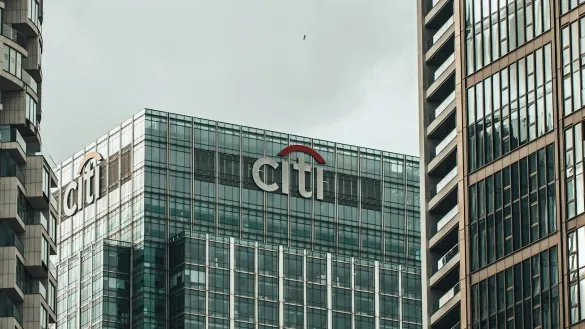
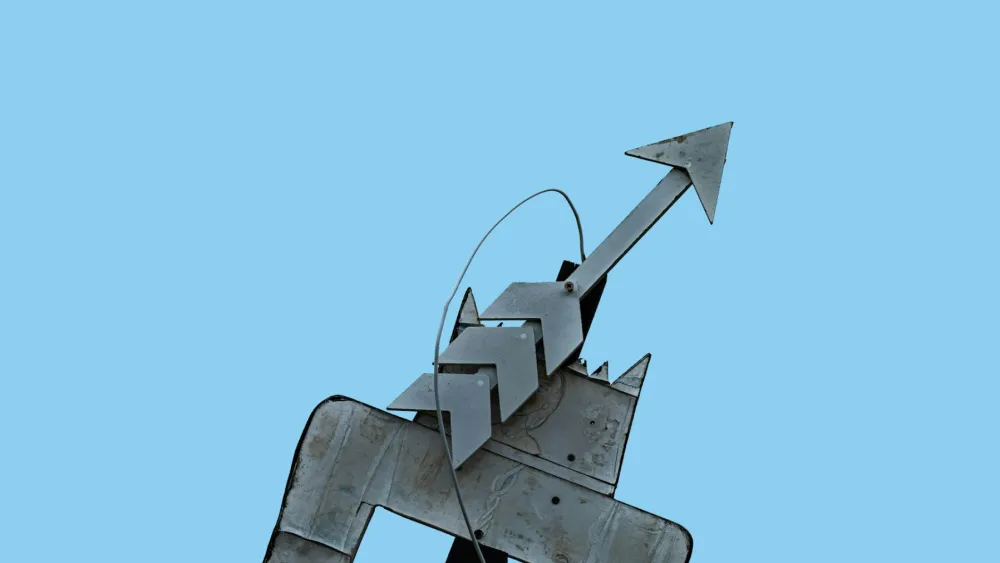
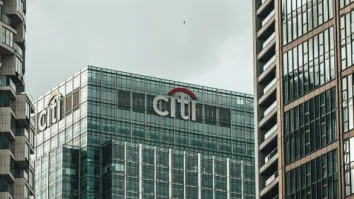


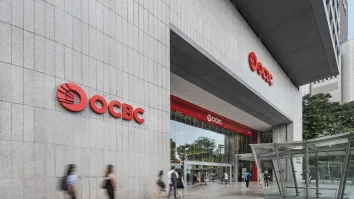













 Advertise
Advertise











